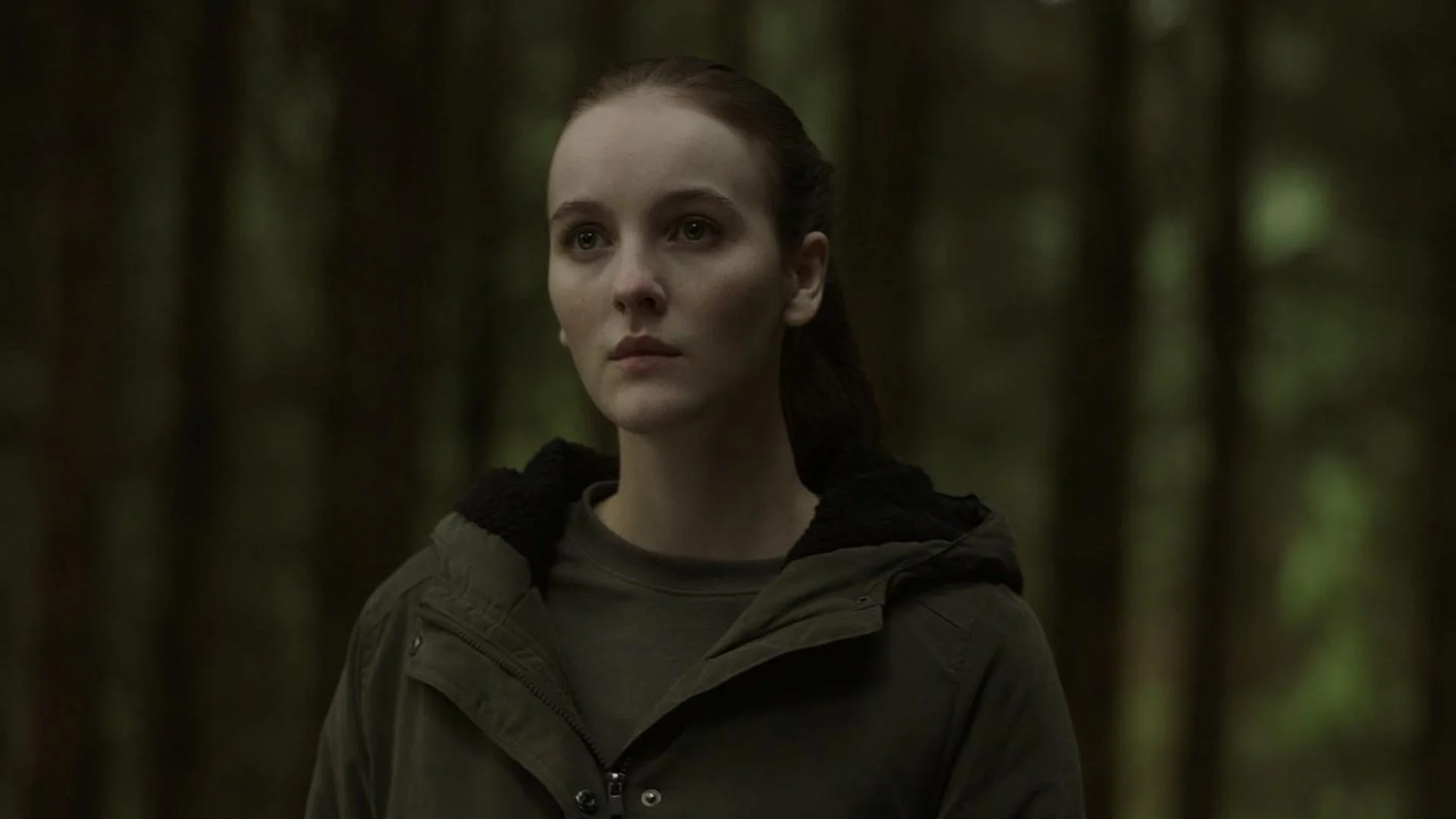Rose Plays Julie
An Anglo-Irish drama excavates the past as a veterinary student seeks to establish her identity.
An arresting Ann Skelly
This is the fourth feature by Joe Lawlor and Christine Molloy partners who started out making short films together almost twenty years ago. Their work has always marked them out as genuine artists even though both of their previous features with actors - Helen (2008) and Mister John (2013) - suggested a talent still questing rather than fully achieving its aim. How splendid, therefore, to find in Rose Plays Julie a film which finds them at the top of their game creating its own world with the kind of confidence and precision that you find in the work of Terence Davies.
Even when those earlier features fell short, they gave clear evidence that Lawlor and Molloy were wonderfully adept at obtaining great performances such as those by the unknown Annie Townsend in Helen and by the established Aidan Gillen in Mister John. The latter again features impressively in Rose Plays Julie, but the film is also notable for magnificent acting from Ann Skelly and Orla Brady. And this time the writing has an assurance and power which gives clarity and force to a story which grows from mysterious beginnings to a strong, provocative conclusion.
A brilliant preface introduces us to Rose (that’s Skelly’s role). Against a striking exterior location shot, her own voice-over succinctly fills us in on her situation. She is now an adult living in Dublin and studying veterinary surgery, but she has become obsessed with her past and its impact in forming the person she is. On her birth certificate she is not Rose but Julie and she has tracked down, but not yet met, her birth mother, Ellen, who had rejected her causing her to be brought up by adoptive parents who had named her Rose. Ellen, the role played by Brady, is an actress who through her subsequent marriage has given Rose a 16-year-old half-sister, Eva (Sadie Soverall). Rose approaches her mother obliquely pretending to be a potential purchaser for her London home which is on the market. But, once they speak frankly, it quickly becomes apparent that, but for the circumstances, Ellen had had it in her to be a good mother and a bond is formed. The person who then becomes the focus of Rose’s obsession is the man who had been her father. This is Peter (Gillen’s role), an established archaeologist and a married man but somebody who had not only forced himself on Ellen but continues to pursue young women. Indeed, not knowing that Rose is his daughter when she volunteers to assist him in a dig, he becomes flirtatious with her. As for Rose’s own game here, that is less fully apparent at first. We see her introduce herself to Peter as Julie and, perhaps taking her cue from Ellen being an actress, she has donned a wig and plays up to him. But, if she is out for revenge, how far will she go?
The very title of Rose Plays Julie hints at the film’s interest in identity and role-playing but it is the personal story that carries the weight here more than any theorising: that’s so even if Rose’s concerns are clearly meant to be in line with the fact that Peter through his work as an archaeologist is involved with the significance of the past. As it develops, Rose Plays Julie does take on a form that is not so distant from other thrillers based on a vengeance motif. Nevertheless, the film plays out essentially as an interior drama less concerned with action as such than with the processes within the minds of its leading figures (even Peter is portrayed as a man of somewhat complex feelings regardless of the fact that his predatory instincts are fully recognised and condemned). It is partly the subtlety of the film’s expression that makes apparent just what Lawlor and Molloy are achieving here: there’s a certain stylisation present without ever preventing the people from seeming real to us, a poetic sensitivity in the way that the soundtrack uses both music and silence and, as ever with the work of these two, there’s fine photography, this time by Tom Comerford.
All of this makes for a decidedly cinematic experience. Even so, a paradox exists. Ultimately, Rose Plays Julie reminds me of novels written in the expectation that readers, perhaps gathered in groups, will meet to discuss their reactions. The way in which the drama plays out invites the viewer to ponder what has been achieved by what has been done and whether or not the behaviour of the characters was justified. That adds to the richness of the film, as does the fact that the performances are so fine with the mother-daughter relationship particularly well realised. That’s what adds a very human touch to a narrative that deliberately unsettles us through scenes in which Rose’s studies are linked to the putting down of animals whether justifiably or not.
MANSEL STIMPSON
Cast: Orla Brady, Ann Skelly, Aidan Gillen, Sadie Soverall, Catherine Walker, Derry Lawlor, Esosa Ighodaro, Annabell Rickerby, Joanne Crawford, Alan Howley, Lily Brand, Chloe Vos.
Dir Joe Lawlor and Christine Molloy, Pro David Collins and Joe Lawlor, Screenplay Christine Molloy and Joe Lawlor, Ph Tom Comerford, Pro Des Emma Lowney, Ed Christine Molloy, Music Stephen McKeon, Costumes Joan O’Clery.
Desperate Optimists/Samson Films/Screen Ireland-New Wave Films.
101 mins. Ireland/UK. 2019. Rel: 17 September 2021. Cert. 15.


